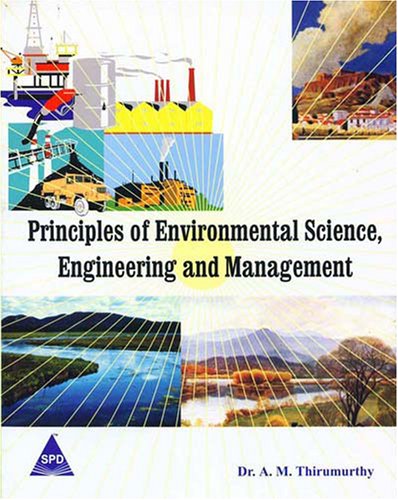고정 헤더 영역
상세 컨텐츠
본문
Principles of Environmental Engineering is intended for a course in introductory environmental engineering for sophomore- or junior-level students. This text provides a background in fundamental science and engineering principles of environmental engineering for students who may or may not become environmental engineers.Principles places more emphasis on scientific principles, ethics, and safety, and focuses less on engineering design. The text exposes students to a broad range of environmental topics—including risk management, water quality an treatment, air pollution, hazardous waste, solid waste, and ionizing radiation as well as discussion of relevant regulations and practices.The book also uses mass and energy balance as a tool for understanding environmental processes and solving environmetnal engineering problems.This new edition includes an optional chapter on Biology as well as a thorough updating of environmental standards and a discussion of how those standards are created.


Principles Of Environmental Engineering And Science Solutions Manual Pdf

Principles Of Environmental Engineering And Science Pdf
Principles of Environmental Engineeringis intended for a course in introductory environmental engineering for sophomore- or junior-level students. This text provides a background in fundamental science and engineering principles of environmental engineering for students who may or may not become environmental engineers.Principles places more emphasis on scientific principles, ethics, and safety, and focuses less on engineering design. The text exposes students to a broad range of environmental topics-including risk management, water quality an treatment, air pollution, hazardous waste, solid waste, and ionizing radiation as well as discussion of relevant regulations and practices.The book also uses mass and energy balance as a tool for understanding environmental processes and solving environmental engineering problems.This new edition includes an optional chapter on Biology as well as a thorough updating of environmental standards and a discussion of how those standards are created.




